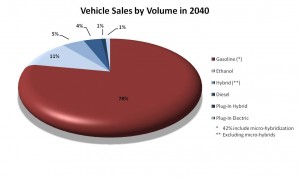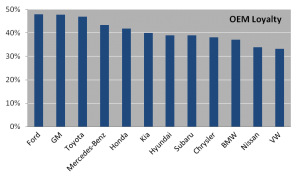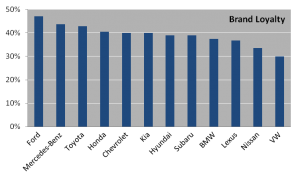NHTSA issues a recall for Tesla Model S. Elon Musk: “the word ‘recall’ needs to be recalled.”
The back and forth between Elon Musk and NHTSA about Tesla Model S fire incidents and other safety related issues continues. Musk maintains that the recent software update to change the Tesla Model S ground clearance in order to reduce the likelihood of debris damage, of the type that might have led to battery damage and fire, is not a “recall.” Tesla initiated the software update voluntarily, before NHTSA completed its investigation and ruled in on this issue. At some point during NHTSA’s investigation, Musk twitted: “the word ‘recall’ needs to be recalled.”
Musk is, of course, correct that Tesla is able to reduce the headache to consumers and the cost that are associated by recall campaigns by updating the vehicles software over the air, an technique referred to as firmware-over-the-air, or FOTA.
However, a campaign (this is NHTSA’s formal term for ‘recall’) to rectify a design flaw or a quality defect is still a recall, especially if required by NHTSA and is subject to the TRAED Act of 2002.
On January 13, NHTSA issued a recall order number 14V006000t to address overheating charging plugs in Model S. Tesla will issue an over-the-air update to reduce the charging current, and will mail owners a replacement charging adapter equipped with an internal thermal fuse.
Again, Tesla is demonstrating the use of technology to improve the efficiency and efficacy of archaic practices used in the automotive industry. But a recall is still a recall, and even Tesla isn’t immune against design and quality issues that might require a recall campaign from time to time.






